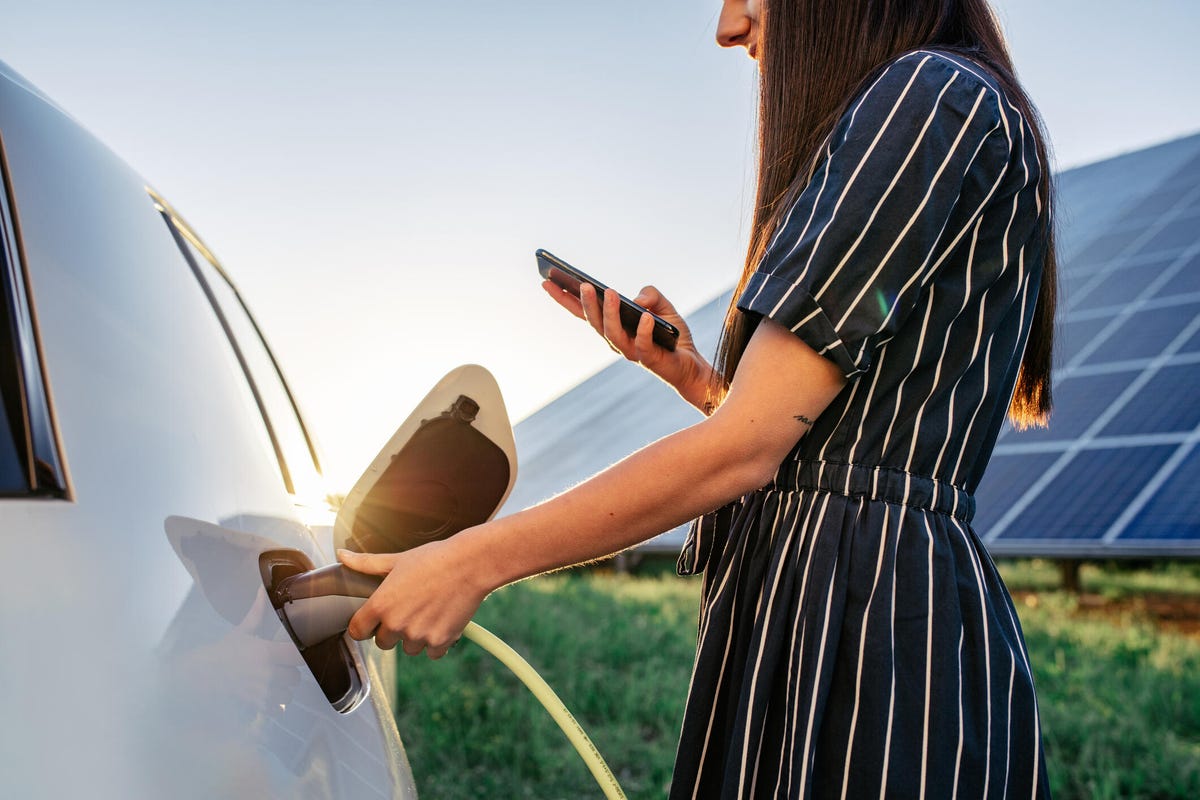Solar panels can cost tens of thousands of dollars up front or spread out in monthly payments. The breakeven point — or payback period — is the time it takes to recoup the cost from the initial investment. Once that period is up, the real savings start.
There are a lot of reasons to think about getting solar panels. You might, like many Americans, want to help the environment by avoiding fossil fuels. Perhaps you want to protect your home from blackouts. Or you might just want to stop paying for electricity.
“Solar is what’s coming, in terms of how we start powering our homes, how we connect as a community to support energy needs within our community,” Jamie Haenggi, president of ADT Solar, told CNET.
But solar panels are expensive, and you need to consider how long it’ll take for the savings you earn from solar power to outweigh what you paid to put the panels on your roof. Before you invite a crew of solar installers over, you’ll want to understand when — or if — the panels will start to pay for themselves.
Can solar panels save you money?
Interested in understanding the impact solar can have on your home? Enter some basic information below, and we’ll instantly provide a free estimate of your energy savings.
Here’s your guide to how long it takes for you to start saving money with solar panels.
What’s a solar panel payback period?
A “solar payback period” is a fancy way of talking about how long it takes for the money you spent to be outweighed by the money you’re saving (or earning) on your electricity bill.
It’s a key number — usually a matter of years — that tells you how long you’ll wait to see a real return on your investment. Solar payback periods can vary widely, and also depend on how you pay for the system in the first place.
Solar panels and electric vehicle charging could be a useful pairing.
SimonSkafar/Getty Images
Why knowing your payback period is important
Now you have your solar payback period. But how does that factor into your decision?
“It depends on what is motivating the household to make the decision to [install] solar,” Jones-Albertus said. Maybe you just want to help the environment, and aren’t worried about the costs. But “folks are interested in the resilience aspect and the economic aspect, as well,” she said.
If you are interested in the financial aspect, then the payback period is an important number for your decision making. A payback period around 10 years, give or take, is pretty average, and could end up being a solid investment, Haenggi said.
But again, it depends on your goals and your comfort level. If you’re planning on moving or selling your home in the near term, for example, that changes the calculus. You might not be in the home to see the payback in the form of electricity savings, but you could see a payoff in a higher sale price for your home.
“That system on your roof does translate to an increase in property value,” Jones-Albertus said.
There are few scenarios, Jones-Albertus and Haenggi agree, when installing solar probably doesn’t make sense, no matter the payback period. If you know your roof will need to be replaced soon, you’ll definitely want to wait until that is done before you install solar panels on top of it. And if you have a ton of trees looming over your home, a solar system is unlikely to ever generate a significant return; in that case, Jones-Albertus recommends considering community solar.
How to pay for solar panels
There are a lot of different ways to pay for solar panels, and they all affect the solar payback period.
- Cash: If you simply save up for the purchase (using a high-yield savings account, for example), you’ll avoid paying any loan interest, and reduce the overall cost of solar panels. “In the long run, typically the highest rate of return comes from paying for cash for a system,” Jones-Albertus said.
- Solar loan: Some banks offer loans specifically designed to fund solar installations. Check in with your installer or with lenders to see what the options are.
- Home equity loan or line of credit, aka HELOC: Generally speaking, using the equity in your home to fund home improvements can be a solid idea — especially because solar panels will increase the value of your home.
- Lease or power purchase agreement: If you want to minimize the upfront investment in solar, you could actually lease the system from the installer. The developer would own the panels, and would sell you the electricity generated at a reduced rate, basically negating the idea of a “payback period” all together.




